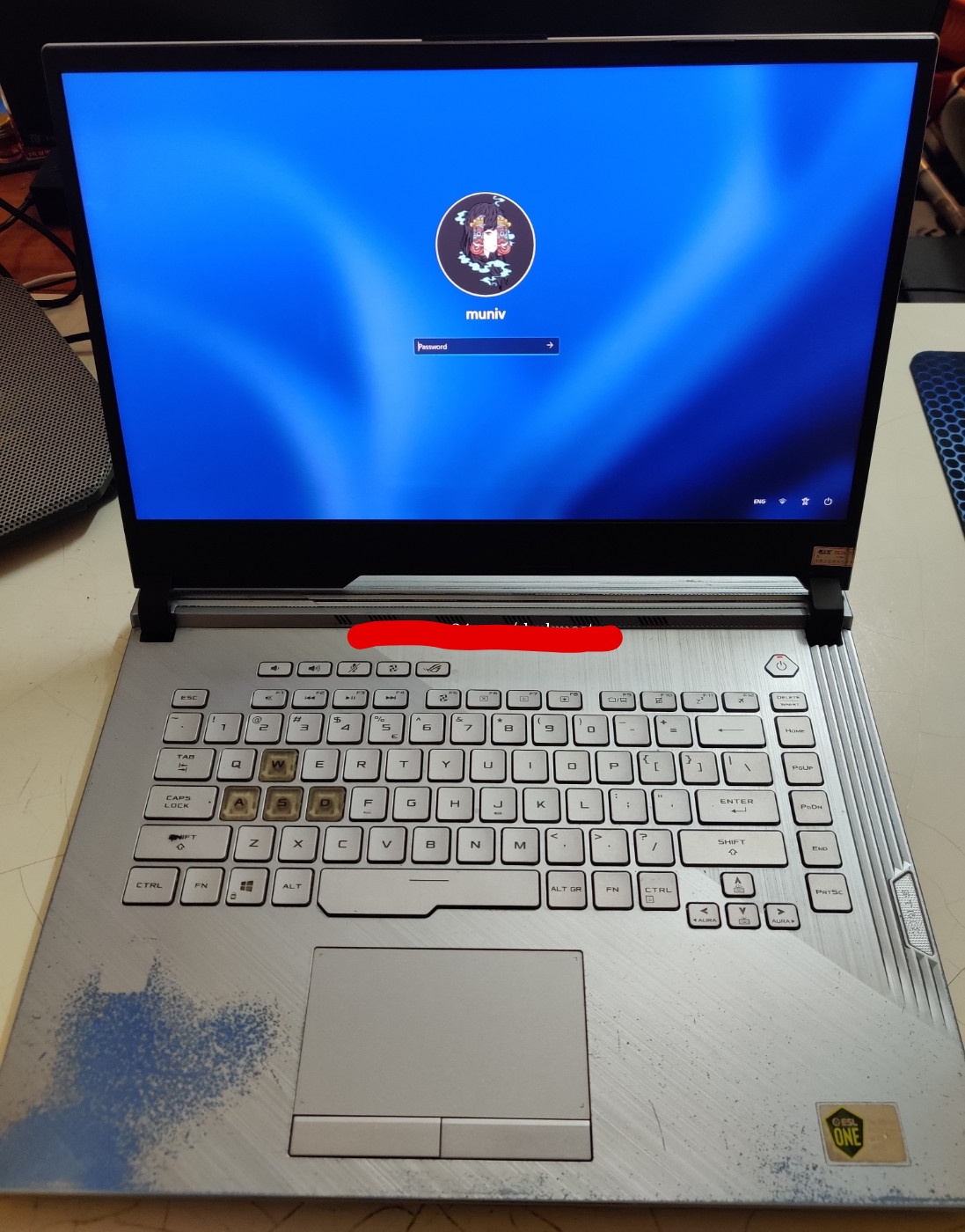this post was submitted on 16 Oct 2024
52 points (85.1% liked)
Linux
47732 readers
1210 users here now
From Wikipedia, the free encyclopedia
Linux is a family of open source Unix-like operating systems based on the Linux kernel, an operating system kernel first released on September 17, 1991 by Linus Torvalds. Linux is typically packaged in a Linux distribution (or distro for short).
Distributions include the Linux kernel and supporting system software and libraries, many of which are provided by the GNU Project. Many Linux distributions use the word "Linux" in their name, but the Free Software Foundation uses the name GNU/Linux to emphasize the importance of GNU software, causing some controversy.
Rules
- Posts must be relevant to operating systems running the Linux kernel. GNU/Linux or otherwise.
- No misinformation
- No NSFW content
- No hate speech, bigotry, etc
Related Communities
Community icon by Alpár-Etele Méder, licensed under CC BY 3.0
founded 5 years ago
MODERATORS
you are viewing a single comment's thread
view the rest of the comments
view the rest of the comments

Oh yeah, the equation completely changes for the cloud. I'm only familiar with local usage where you can't easily scale out of your resource constraints (and into budgetary ones). It's certainly easier to pivot to a different vendor/ecosystem locally.
By the way, AMD does have one additional edge locally: They tend to put more RAM into consumer GPUs at a comparable price point – for example, the 7900 XTX competes with the 4080 on price but has as much memory as a 4090. In systems with one or few GPUs (like a hobbyist mixed-use machine) those few extra gigabytes can make a real difference. Of course this leads to a trade-off between Nvidia's superior speed and AMD's superior capacity.